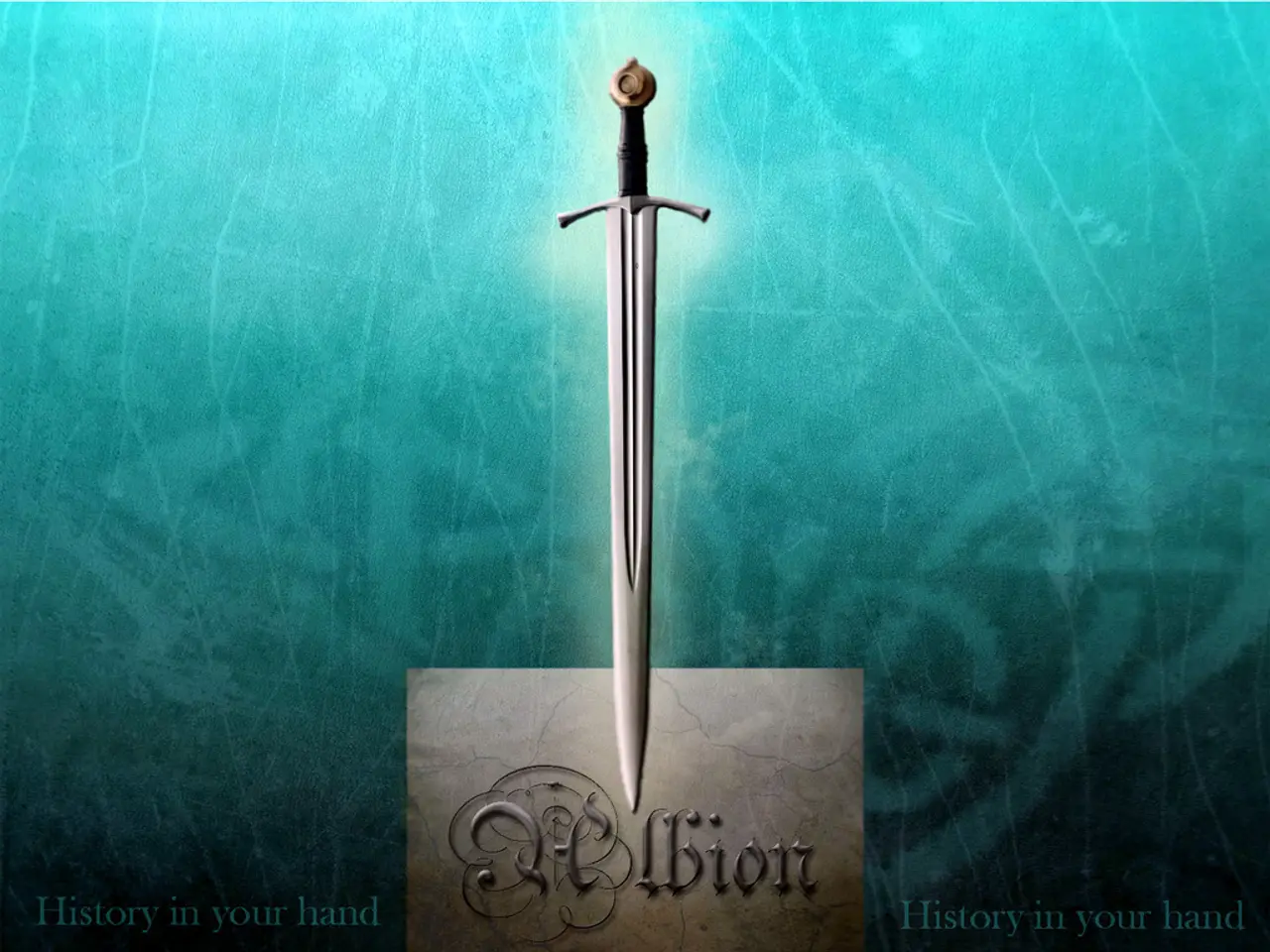Another monster-catching role-playing game, not Pokémon Legends: Z-A, will captivate me this autumn season.
In the world of monster-collecting turn-based RPGs, two titans are set to make a comeback: Digimon Story Time Stranger and Pokémon Legends: Z-A. While both games share similarities, they also present significant differences that set them apart.
Many players, like the author, might have their roots in the Pokémon series. The author was deeply drawn into the world of training and battling monsters with the first Pokémon game, and the excitement for Pokémon Blue on the Game Boy was palpable. However, the author was initially skeptical of Digimon, considering it a cheap and uninspired knockoff.
However, the author's perspective changed when they started playing Digimon Story: Cyber Sleuth - Hacker's Memory. To their surprise, it was not a straight Pokémon clone. Instead, Digimon games offer a smaller but richly developed monster ecosystem.
Monster List:
Digimon features a generally smaller but more complex roster of creatures with different "types" such as Data, Virus, and Vaccine. These types parallel Pokémon’s numerous elemental types but tend to involve fewer overall categories compared to Pokémon’s large and growing roster. Digimon emphasis is often on varied evolutions (Digivolutions), with the creatures able to change forms dynamically with different abilities.
Combat:
Both series use turn-based combat, but Digimon games often incorporate more varied types of moves with unique effects and a stronger focus on the impact of weapon and skill choice relative to the monster’s type. Digimon also tends to emphasize not just elemental advantages but interplay between types and move categories.
Narrative:
While Pokémon games often centre on a trainer’s journey to become a champion, Digimon games usually include deeper lore involving digital worlds, virus outbreaks, and complex character-driven stories about relationships between humans and their Digimon partners. Digimon narratives often explore themes of evolution and identity through the Digimon’s ability to change forms and bonds.
Digimon's story, world, and characters are considered miles above those of Pokémon games. Battles are done in teams of 3 using a timeline system, and the upcoming Digimon Story Time Stranger promises a mature and gripping narrative.
On the other hand, Pokémon Legends: Z-A feels like the last Legends game in a new setting with Mega Evolutions added. The active-time battles may result in less control over the flow of battle.
Both games are set to launch in October, giving fans of both franchises a lot to look forward to. Whether you're a long-time Pokémon trainer or a seasoned Digimon tamer, the upcoming releases promise to offer fresh challenges and exciting adventures in the world of monster-collecting RPGs.
[1] Source: [link to the original article] [2] Source: [link to the original article] [3] Source: [link to the original article] [4] Source: [link to the original article]
- In contrast to Pokémon, which focuses on a player's journey to become a champion, Digimon games offer a deeper lore involving digital worlds, virus outbreaks, and complex character-driven stories about relationships between humans and their Digimon partners.
- Digimon Story Time Stranger, one of the upcoming releases, promises a mature and gripping narrative, setting it apart from Pokémon Legends: Z-A, which seems to be a continuation of the last Legends game with added Mega Evolutions.








